West Asia, Latin America lead the movement in shaping new world order
By Reza Javadi
The tendency for expansion of cooperation between countries in West Asia and Latin America demonstrates how the US influence is waning and a new ‘systematic order’ is taking shape.
This ‘systematic order’ is defined as a ‘village-like order’ in which several regional coalitions co-exist. These regional networks are not necessarily rivals or adversaries, but healthy competitors.
They cooperate and compete at the same time. However, a more significant and common factor among these coalitions is that they are not willing to be subservient to Western hegemony.
The US was a dominant force for years in the unipolar world order. However, amid the rapidly changing global power dynamics, the transition period has begun and the world is fast moving towards a new order.
This transition has several key components, of which the most important one is the isolation of the US and its allies, brought mainly by the states that refuse to be American vassal states.
West Asia as the heartland, and Latin America as the nearest region to North America, have positioned themselves as main challengers for the US-led unipolar world order and in replacing it with a multi-polar world.
During a meeting in the capital Brasilia last week, Brazilian President Luiz Inacio Lula da Silva and 11 other Latin American leaders discussed a common strategy that would deal another blow to the US domination.
Lula, who has emerged as a bulwark against American hegemony, called for the institution of a common currency for the South American region as part of efforts to reduce reliance on the US dollar.
"[I propose] creating a common credit in trade, thus reducing dependence on extra-regional currencies," he said, emphasizing the need to “strengthen the South American identity in monetary policy."
Adam Smith’s economic theory of “the invisible hand” can be applied to this political phenomenon when it comes to securing the benefits of regional countries in a systematic world order.
By calling for a common currency in the region, the Brazilian president is acting like an invisible hand to create a systematic order and preserve the interests of the member states across this anti-US network.
US interest rate hikes and geopolitical conflicts have pushed up the value of the American currency, prompting different countries and alliances across the globe to introduce their own independent currencies in trade.
Furthermore, the BRICS group of nations will also discuss the feasibility of introducing a common currency, according to the foreign minister of South Africa, which is preparing to host a summit of the bloc’s leaders on August 22, 2023, in Johannesburg.
Establishing a common currency among the states, be it in South America or across the BRICS, might require a lot of time. Still, the convergence of these states and their growing tendency to defy the supremacy of the US dollar points to a post-American world.
On the other side, West Asia, as a better example of the fortress against the US hegemony, has been witnessing a series of significant events lately, extending from Turkey to the Persian Gulf region.
In a wide picture of the West Asian region - Turkey normalizing relations with Saudi Arabia, Egypt and the UAE, Saudi Arabia and Iran restoring their ties and the upcoming naval coalition between the UAE, Oman, Saudi Arabia and Iran - the new systematic world order can be seen clearly.
Turkey, under Recep Tayyip Erdoğan, has strengthened its ties with Russia, while restoring relations with many Arab countries. It has also asked for membership in the Shanghai Cooperation Organization and BRICS Plus. All these movements portray a new picture of world order signaling the end of the US era.
Another element of the changing world is the UAE withdrawing from the US-led maritime task force in the Persian Gulf and turning to the Islamic Republic of Iran as a regional ally.
"Almost all the countries of the northern Indian Ocean have come to believe that they should stand by the Islamic Republic of Iran and jointly establish security with significant synergy,” Admiral Shahram Irani, chief commander of the Iranian Navy, said in a televised interview last week while announcing the formation of the new regional naval alliance.
The restoration of full diplomatic ties between Iran and UAE comes on the heels of the reappointment of their ambassadors in recent months, after more than six years, causing alarm in Tel Aviv and Washington.
Iran is spearheading these efforts toward regional convergence, cobbling together coalitions of like-minded parties, as its influence extends from Damascus to Beirut to Yemen and Afghanistan.
After the American withdrawal from Afghanistan, Pakistani officials visited Tehran to discuss the power vacuum in the country. Other regional powers, including China and Russia, accepted Iran as a permanent member of the Shanghai Cooperation Organization. The process of Iran's entry into BRICS is also underway.
The recent mending of fences between regional countries means the West, with the US at the helm, is experiencing a heavy blow to its regional policy that has for years been based on fomenting destabilization.
In an article published in 2019, Andrew Hurrell warned of an end to the US-dominated global order and the transition to a new world order, in which there is a shift of power to the multiple centers of power.
“Power is simply shifting to major emerging states as part of the ongoing dynamic of the rise and fall of great powers. This is the whole point of stories about ‘superpower China’, ‘India rising’, or ‘Brazil’s moment’, and about the rise of the BRICS or the BASICs,” Hurrell wrote at the time.
“There has been a long-term erosion of Western dominance of international society. International society today is far more strongly global—not just in terms of economic globalization but also in terms of the capacity of a much wider range of states and societies to mobilize, express their values and interests, and contest the policies of the old powers of the Western, US-led order. The capacity of the United States to unilaterally reassert its hegemony and to use its coercive military and other power to achieve its goals is, and will remain, limited.”
Most of the states in the Global South have finally come to the agreement that the path to securing national interests passes through ‘regional integration’, defying the US-based world order.
Reza Javadi is a Ph.D. Candidate in British Studies at the University of Tehran.
(The views expressed in this article do not necessarily reflect those of Press TV)

Piers Morgan’s selective outrage: Ban Afghan cricket, allow Israeli sports
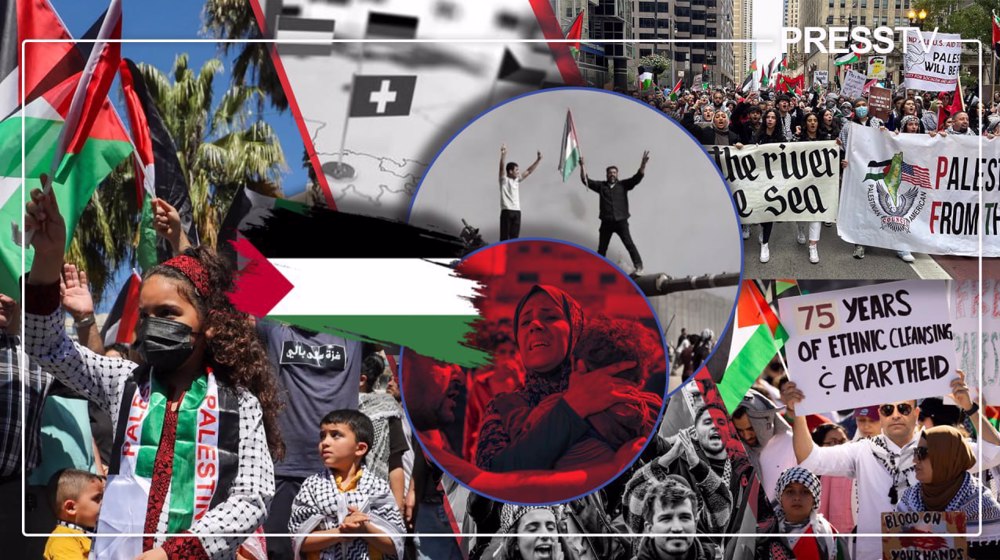
Resistance axis and people of West Asia shatter Western hegemony’s unholy plots
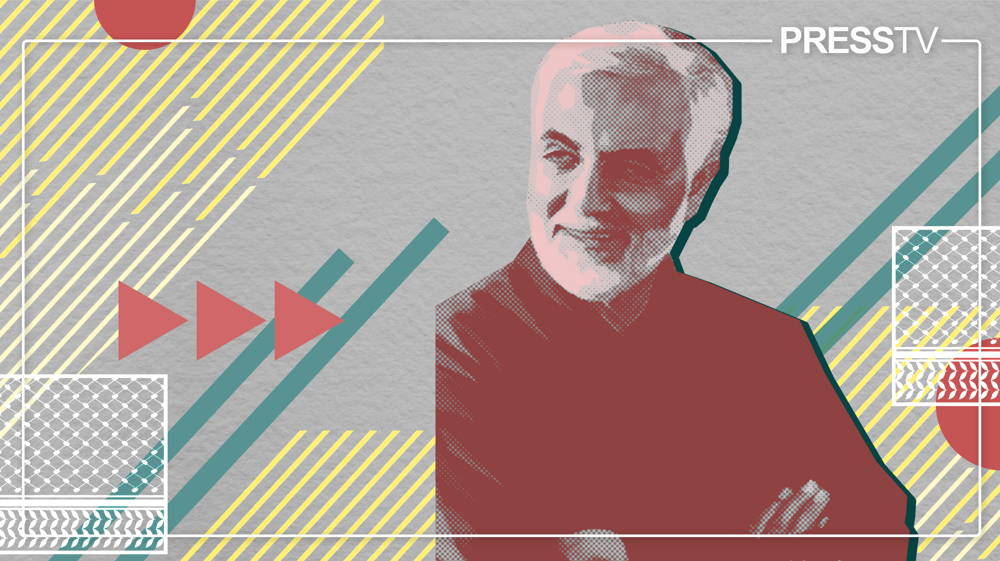
Gen. Soleimani turned threats into opportunities and fortified resistance axis
Scores killed as US, Turkish proxies clash in northern Syria
At least 5 dead as wildfires devour districts across Los Angeles
VIDEO | Press TV's news headlines
Houthi: Israel incapable of downing Yemen’s hypersonic missiles
Inquiry: UK soldiers executed Afghan boys 'younger than 16'
Palestinian dies in Israeli prisons due to medical negligence
IRGC forces launch final stage of major drill in western Iran
Joseph Aoun voted Lebanon’s president, ending 2-year deadlock


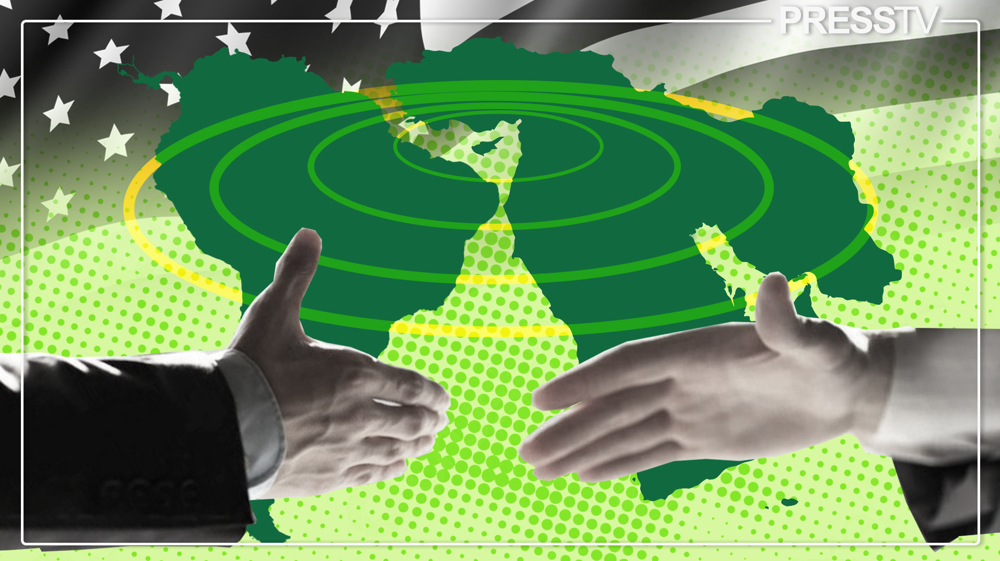



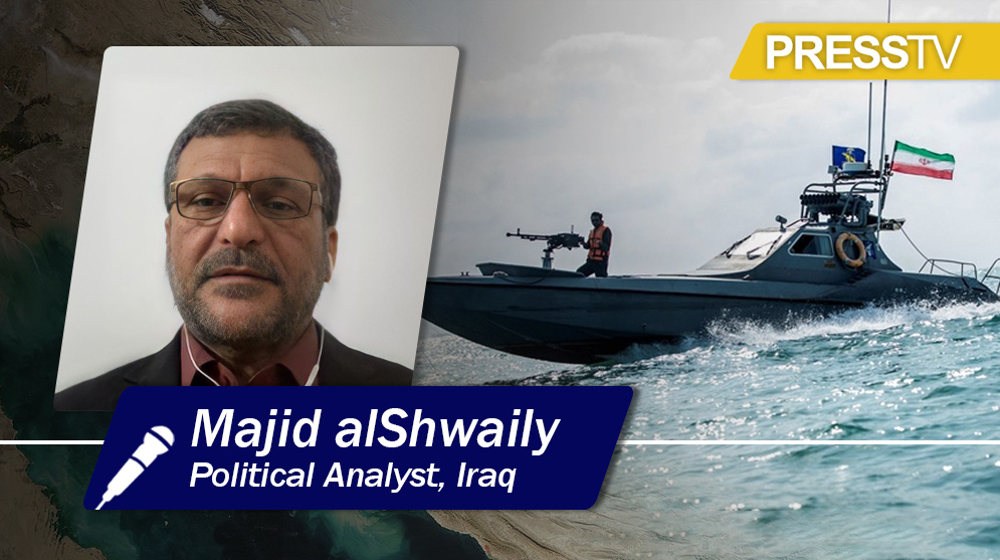
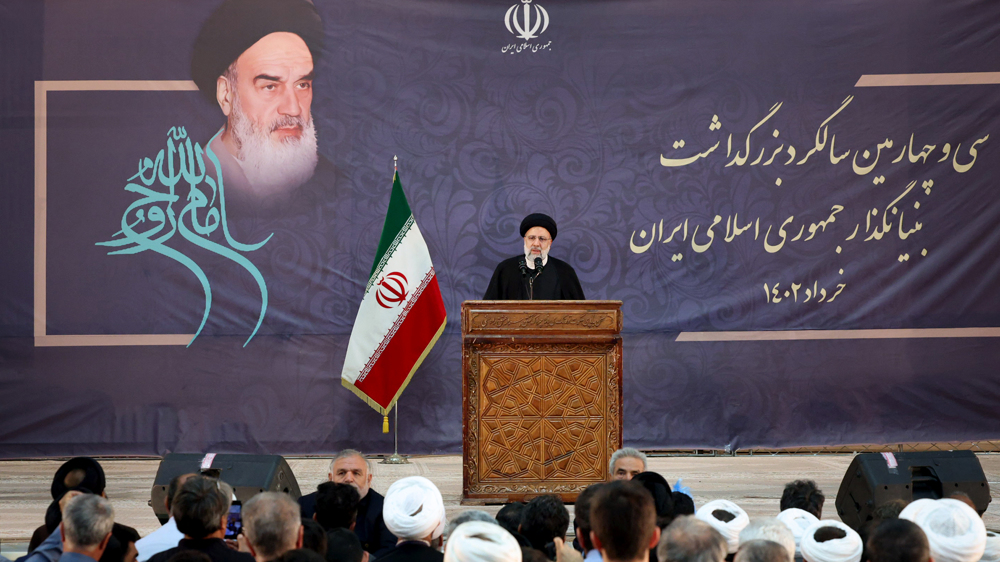
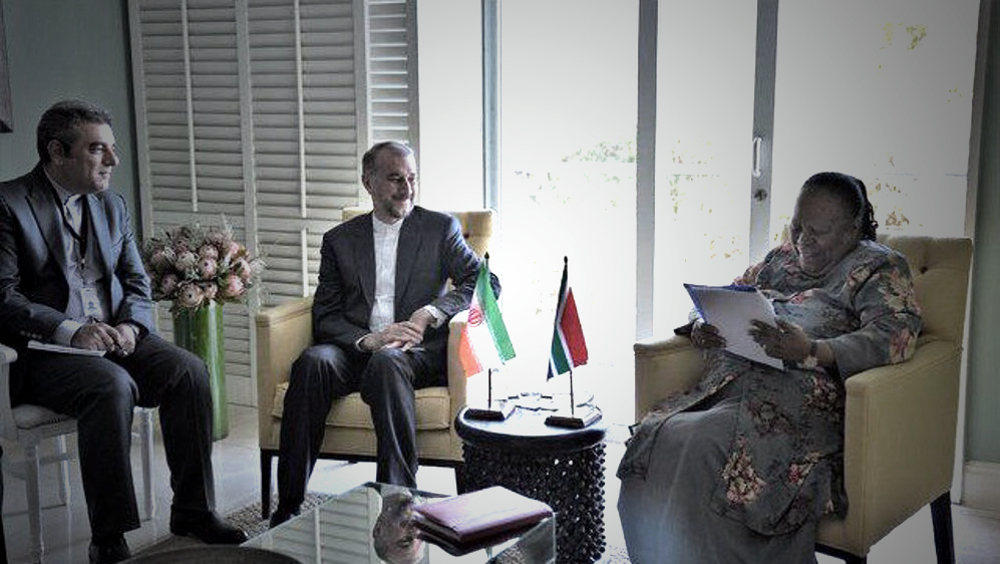
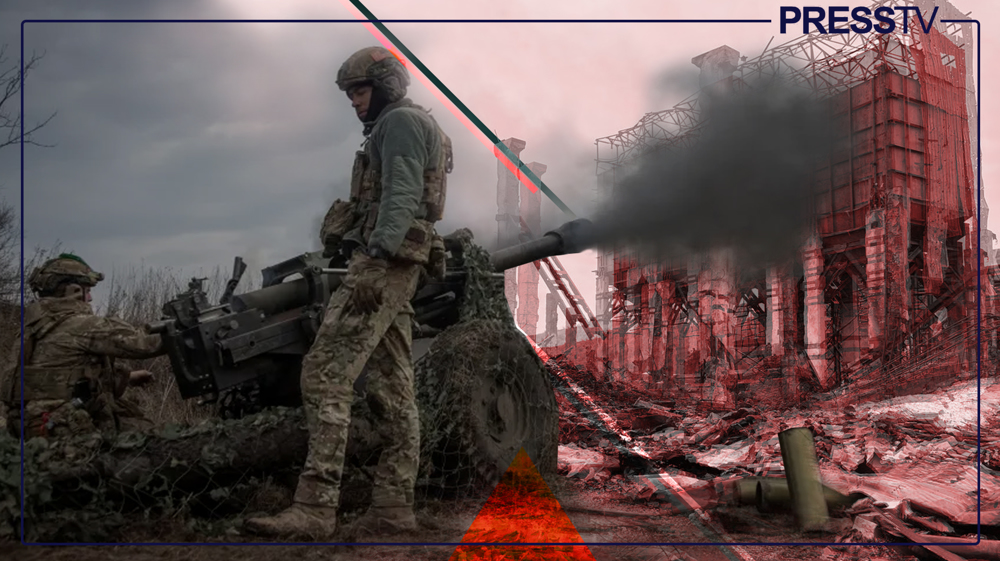

 This makes it easy to access the Press TV website
This makes it easy to access the Press TV website